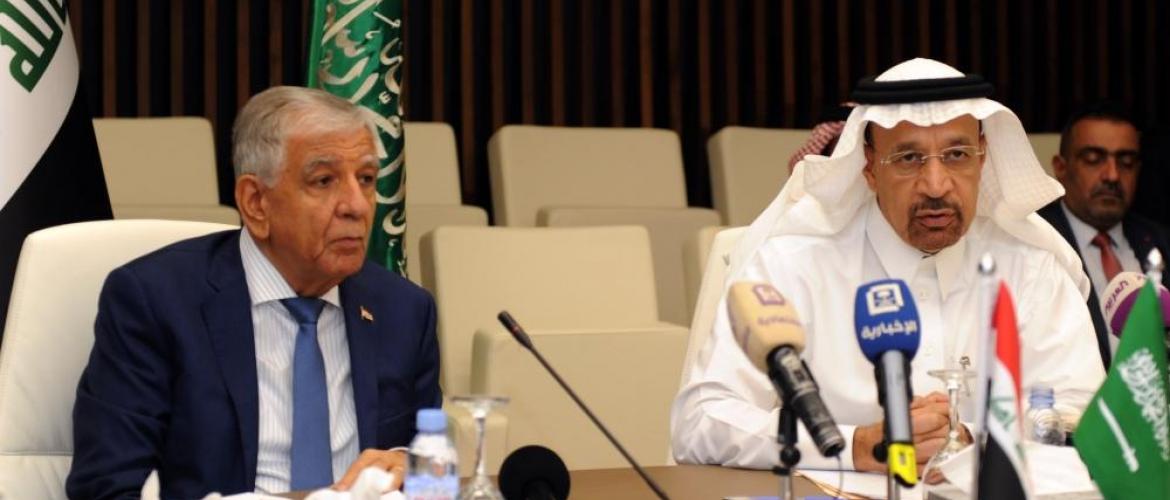Saudis Open Iraqi Border and Forge Ties to Counter Iran
Backed by U.S., kingdom pursues influence as neighbor emerges from ISIS battle

Saudi Arabia has announced that the border crossing between Iraq and Saudi will be open for trade for the first time in 27 years.
The Arar border crossing was closed after the former President of Iraq, Saddam Hussein, led the invasion of Kuwait.
Background
In August 1990, Iraq led a two-day invasion of Kuwait. This was followed by a seven-month long occupation by the Iraqi government. Iraq’s actions resulted in the Gulf War. A coalition of 35 nations led by the US fought Iraq to liberate Kuwait. During this period, diplomatic ties between Saudi Arabia and Iraq were cut off. Saudi Arabia also closed the Arar border crossing. Up until now, the borders were open only during the Haj season. It has barracks for Iraqi border guards, a mosque, and offices for processing people crossing the border.
Relations between the two nations have thawed in the recent years. In 2017, the two countries announced that they will “establish a coordination council to upgrade relations to the hoped for strategic level and open new horizons for cooperation in different fields.”
Analysis
In August 2017, Saudi Arabia and Iraq announced the establishment of a joint trade council. A joint statement that was released to state-run SPA news agency noted, “The cabinet has decided to approve the establishment of the Saudi-Iraqi Coordinating Commission and to delegate the Saudi minister of trade and investments to sign on behalf of the kingdom.”
In order to bolster this commission, the decision was made to open the crossing border.
Officials from Iraq and Saudi Arabia visited the site while making the announcement. Both sides agreed that this move was a significant to boosting ties between the two countries. The governor of Iraq's southwestern Anbar province Sohaib al-Rawi said, “This is a great start for further future cooperation between Iraq and Saudia Arabia.”
Saudi Arabia has been aggressive in its efforts to establish warm ties with Iraq in a bid to halt the growing influence of Iran in the region. Saudi Arabia has also agreed to donate $10 million in aid to the Iraqi government and study possible investments in Shi'ite regions of southern Iraq.
Assessment
Our assessment is that increased trade ties with Saudi Arabia will be beneficial for both the countries. It offers Iraq a large market for its produces and an open border will significantly benefit its economy. This could also be a strategic move by the Saudis to increase their footprint in Iraq and reduce even marginally the influence that Iran currently has over the majority Shia population in Iraq.
https://www.synergiafoundation.in/news-analysis/saudi-iraq-bolster-ties